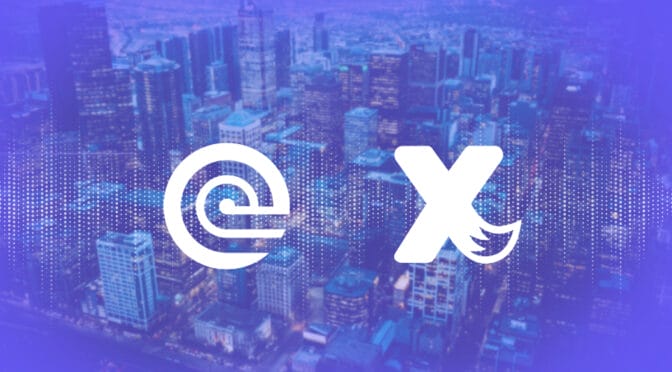Navigating the complexities of global workforce management can be a daunting task for companies operating in multiple countries. Employer of Record (EOR) platforms have emerged as valuable solutions, providing businesses with the ability to expand their operations while mitigating legal and administrative burdens. In this blog post, we will explore the inner workings of Employer of Record platforms and shed light on how they simplify the complexities of global employment.
Understanding the Employer of Record (EOR) Model:
The Employer of Record model is a business arrangement where a third-party organization becomes the legal employer for the employees, taking on responsibilities such as payroll processing, tax compliance, benefits administration, and employment contracts. By partnering with an EOR platform, companies can leverage their expertise and infrastructure to manage employment matters, allowing the client organization to focus on core business operations.
Markets for EOR services:
- Staffing and Recruitment: The staffing and recruitment industry has been using EORs for a very long time. EORs began servicing staffing firms by becoming their outsourced back office, and the legal employer for their contract and temporary staff while they worked on site for client companies. EORs in this space deliver onboarding, payroll, insurance, benefits and more so that recruiting firms can focus on their core competencies of sales and recruiting. This enables staffing firms to mitigate their risks and save time on back office operations.
- Cross Border Hiring: More recently enterprise companies and HR departments have begun using EORs to hire employees across borders. The need to hire employees in other countries or even other states has increased dramatically due to the rise in remote work. EORs enable the seamless hiring of these employees without client companies having to set up entities and understand local laws, regulations, and customs. The EOR operates as the legal employer of the remote employee and bills the client for payroll, taxes, and their management fee.
Key Components of EOR Platforms:
- Legal Compliance: One of the primary functions of an EOR platform is to ensure compliance with local labor laws, regulations, and tax requirements. They possess in-depth knowledge of employment legislation in various countries, staying up to date with changes and managing legal complexities on behalf of their clients.
- Payroll and Benefits Administration: EOR platforms handle payroll processing, including calculating salaries, withholding taxes, and managing contributions to social security and other statutory benefits. They also provide employee benefits administration, such as health insurance, retirement plans, and other perks, ensuring compliance with local regulations.
- Employment Contracts and Onboarding: EOR platforms draft employment contracts tailored to local requirements, including terms and conditions of employment, working hours, leave policies, and termination procedures. They also manage employee onboarding processes, ensuring a smooth transition and compliance with local regulations.
- Tax Compliance and Reporting: Navigating tax regulations can be challenging when operating across borders. EOR platforms handle tax compliance by accurately calculating and withholding taxes, managing payroll tax reporting, and providing year-end tax documents to employees. This ensures adherence to local tax laws and relieves companies of complex tax obligations.
- Risk and Liability Management: By assuming the role of the legal employer, EOR platforms take on the associated risks and liabilities. They provide comprehensive employment liability insurance coverage, mitigating the potential financial impact on client organizations in case of legal disputes or non-compliance issues.
Benefits and Advantages of EORs:
- Global Expansion Simplified: Employer of Record platforms enable companies to expand their global footprint quickly and efficiently without the need to establish legal entities in each country of operation. This significantly reduces the time, costs, and administrative burden associated with international expansion.
- Compliance and Risk Mitigation: Staying compliant with ever-changing employment laws and regulations in multiple jurisdictions is a complex endeavor. EOR platforms are well-versed in local labor laws, reducing the risk of non-compliance and potential legal repercussions for client organizations.
- Scalability and Flexibility: EOR platforms offer scalability and flexibility, allowing companies to ramp up or down their workforce quickly in response to market demands or project-based needs. This agility provides businesses with a competitive advantage while minimizing the complexities of managing a global workforce.
- Focus on Core Business Activities: By outsourcing employment-related administrative tasks to EOR platforms, companies can dedicate more time and resources to their core business activities, such as product development, sales, and customer service, ultimately driving growth and innovation.
What To Do Next:
Employer of Record (EOR) platforms have revolutionized the way companies manage their global workforce. By assuming the responsibilities of legal employment, EOR platforms streamline administrative complexities, ensure compliance with local labor laws, and mitigate risks for client organizations. This enables businesses to expand internationally with ease, focus on core operations, and ultimately thrive in a global marketplace. If you are interested in learning how an EOR like FoxHire can support your business, you can learn more here.





